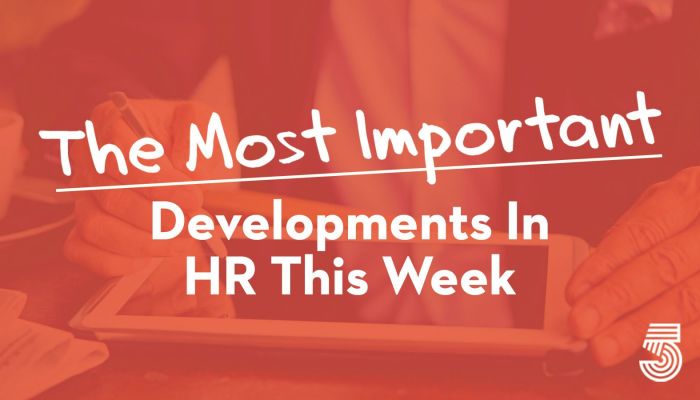The MID, as we call it, is curated by our editorial team from more than 50 news sources. Like a lot of good ideas, this started as something I wanted for myself. If I can’t read everything, I at least want to stay abreast of the most important developments. This week in HR, more companies mandated the vax for employees, Zoom gaffe-related terminations reached serious levels, companies fretted about maintaining diversity, One Call HR showed us how it pivoted during Covid, contrasted with Alibaba’s huge HR fail for condoning an astonishingly sexist culture. 
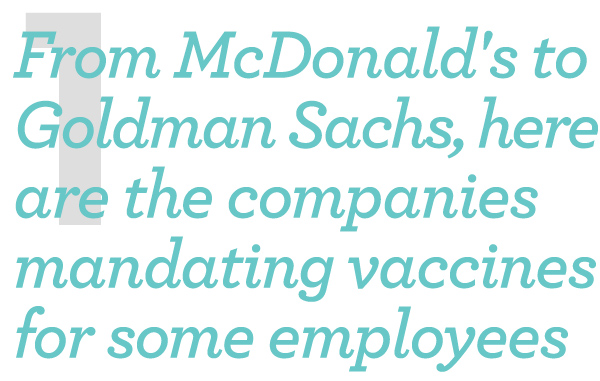
As the highly contagious delta variant of the coronavirus continues to strike communities nationwide, companies are stepping up their vaccine requirements, mandating that some or all employees get vaccinated or provide proof of vaccination. After the Food and Drug Administration granted full approval to Pfizer’s COVID vaccine on Monday, more companies are expected to mandate that employees be vaccinated. Here is a list of [some of the] the companies who have already announced their vaccination plans: Amtrak, Anthem, Cisco, Citigroup, CVS Health, Deloitte, Delta Air Lines, DoorDash, Equinox, Facebook, Ford, Goldman Sachs, Google, Lyft, McDonald’s, Microsoft, Uber, and more. NBC News

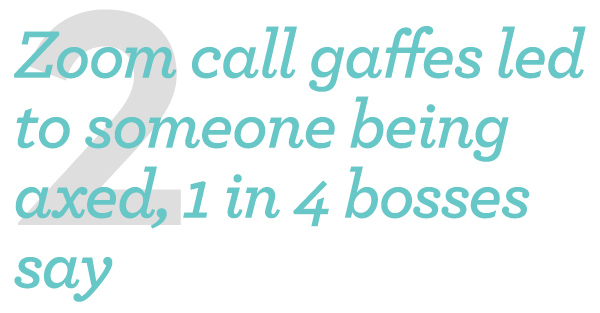
Zoom-call blunders can be hazardous to your career. Nearly 1 in 4 executives have fired a staffer for slipping up during a video or audio conference, and most have levied some sort of disciplinary action for gaffes made in virtual meetings, a survey of 200 managers at large companies found. The survey, commissioned by Vyopta Inc., which helps companies manage their workplace collaboration and communication systems, also found that executives don’t fully trust a third of their staff to perform effectively when working remotely. The pessimistic findings illustrate how workers are still getting accustomed to working remotely. Daily participants in Zoom calls surged from 10 million a day at the end of 2019 to 300 million in April 2020, the conferencing company has said, and in recent weeks many companies have pushed back their plans to return to offices due to the delta variant’s spread. Bloomberg
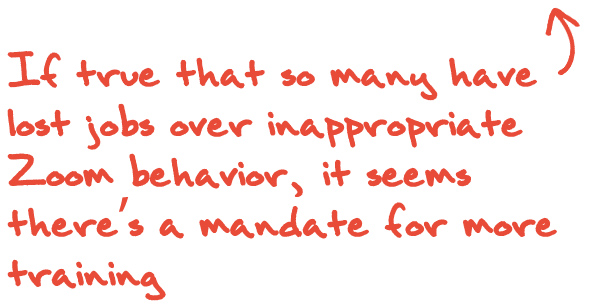
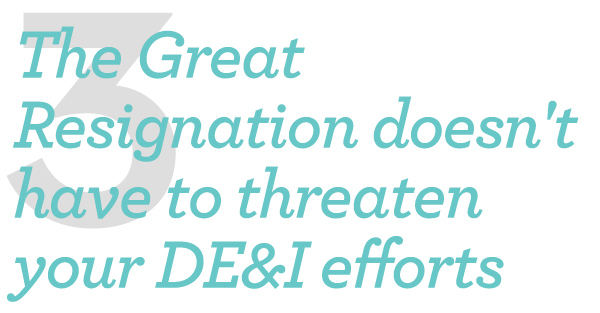
Following a whirlwind year that disrupted most workplace norms and elevated diversity to a top priority for nearly every organization, a new challenge came knocking at the door when leaders realized that upwards of 40% of their teams might be leaving their jobs in the next year. The combination of new return-to-office mandates, previous departure plans that were delayed by the pandemic, and many new revelations about the need for better work-life balance started what seems to be a record-breaking departure from jobs in a shockingly small window of time. This has major implications for companies’ diversity efforts. Many talent teams that were already facing capacity issues are now struggling to fill gaps with qualified and available candidates, much less ones from diverse communities. HBR

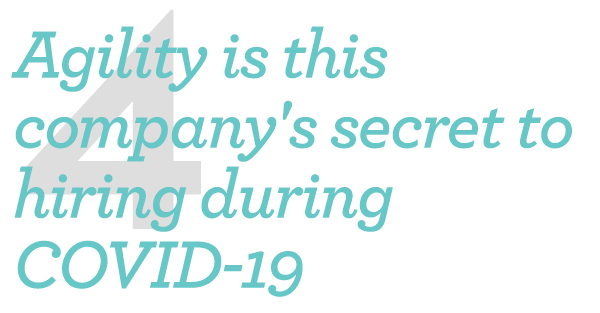
Traditionally, One Call, a provider of workers compensation and healthcare management solutions, only hired full-time employees. Enter the COVID-19 pandemic and the ensuing hiring struggles many employers have faced. Terri Lewis, who joined One Call as CHRO in July 2020, says the organization had to rethink its long-time hiring approach in order to innovate through the challenge. Among the changes, One Call began bringing on part-time employees, opening the door for talent like stay-at-home parents or students who couldn’t consider the previous full-time positions. Also, the organization pivoted to a recruitment process outsourcing model for its customer service positions, as well as revamped its diversity hiring strategy to help ensure top talent was joining at the pace it needed to keep up with its growth status. HR Executive

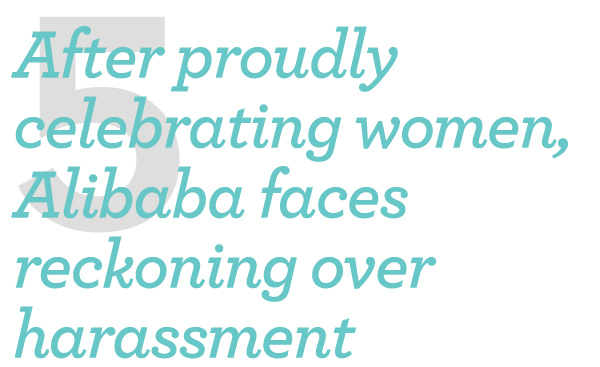
The e-commerce giant Alibaba, one of China’s most globalized internet companies, has often celebrated the number of women in its senior ranks. But that message of female empowerment is now being called into question after an Alibaba employee accused her boss of raping her after an alcohol-fueled business dinner. The woman, who has been identified by the police and her lawyers only by her surname, Zhou, said bosses and human resources had shrugged off her complaints. She eventually resorted to screaming about the assault in a company cafeteria last month. Yet former Alibaba employees say the problems run much deeper. Interviews with nine former employees suggest that casual sexism is common at Alibaba. They describe a work environment in which women are made to feel embarrassed and belittled during team-building and other activities that the company has incorporated in its culture. The New York Times







